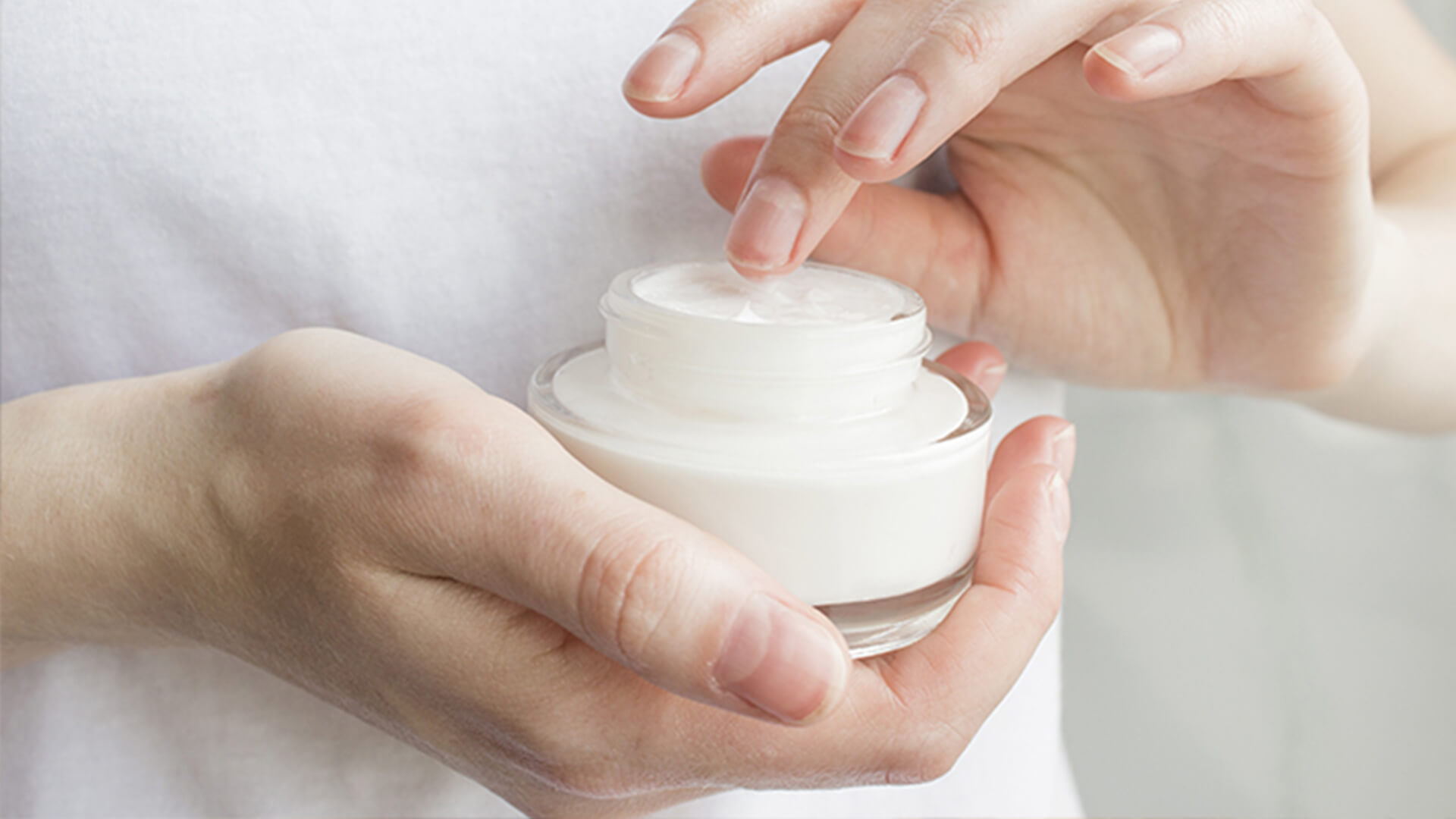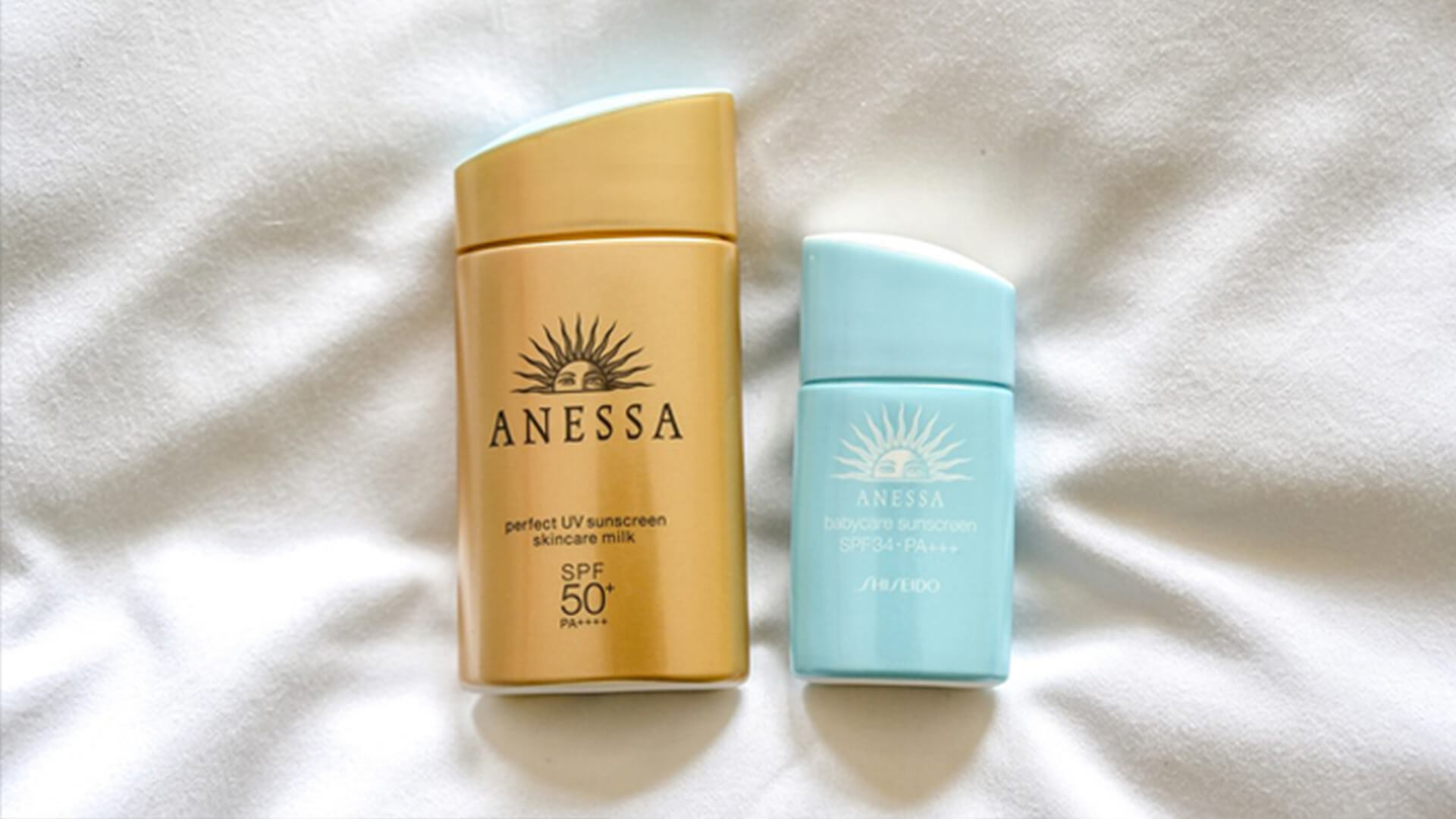If you are an eczema sufferer, you will know that with the colder weather comes with added complications for your condition. Eczema, or dermatitis, is a common skin condition that is characterised by dry, itchy, inflamed and flaky skin. The cold air can dry out your skin, leaving you more prone to eczema flare ups and skin sensitivity. Fortunately, the experts at ZO Skin Health reveal just how you can avoid eczema flare ups this winter with their 5 top tips.
1) Drink lots of water
When the air is cold outside, the water in your skin evaporates more quickly, causing dry and flaky skin. Naturally with eczema, there is an increased loss of water from the skin and therefore, in the winter your body is losing even more valuable electrolytes. It should be no surprise that this dehydration has significant effects on your skin. When you are dehydrated, your skin becomes more tight, flaky and even wrinkly as fine lines appear more visible. Keeping hydrated is crucial for keeping your skin supple and flushing out toxins which may irritate your skin.

2) Moisturise
Eczema prone skin needs plenty of moisture as the skin tends to be dry and prone to flaking. Unfortunately, it can be hard to find a moisturiser that does not irritate or burn the skin for eczema sufferers. The humidity can make eczema more fiercely itch so it is important to find a moisturiser that soothes your skin and does not irritate it further. Try fragrance free, thick lotions which are suitable for all skin conditions. There are plenty of lotions designed for dermatitis so remember to do your research and always patch test on a small section of skin before applying the product everywhere.

3) Don’t use a blasting heater
It can be tempting to combat the cold with a blasting heater but moving from two extremes of temperature is not the answer! Removing any moisture from the air will not only dry your skin out more but increase the chance of a flare up. Instead, try showering in lukewarm water or bathing in a lukewarm oatmeal bath. After bathing, moisturise immediately and let it soak in before applying wet wraps to further hydrate and cool down the skin.

4) Wear breathable clothing
Many people crave to wear tight, cosy clothes during the colder months, but this is not the best option for eczema sufferers. Not only does tight clothing increase your body’s natural temperature, trapping the sweat on your skin more, but it does not allow your skin to breathe. Instead, opt for breathable, cotton-based clothes that do not cling to the body.

5) Choose the right sunscreen
Did you know that you need protection from the sun’s harsh UV rays all year round? When the weather is colder, the sun is more likely to reflect off the snowy white surface and trigger your symptoms. Sunscreens with a good SPF to protect your skin are pivotal. However, it is important to find a sunscreen that works with your eczema instead of triggering it. Eczema friendly organisations have created sunscreens with ‘seals of approval’, but if you are shopping locally you ideally want a natural sunscreen with as little artificial ingredients as possible. Again, remember to do a patch test with products that have not previously been tested with your skin type.


















